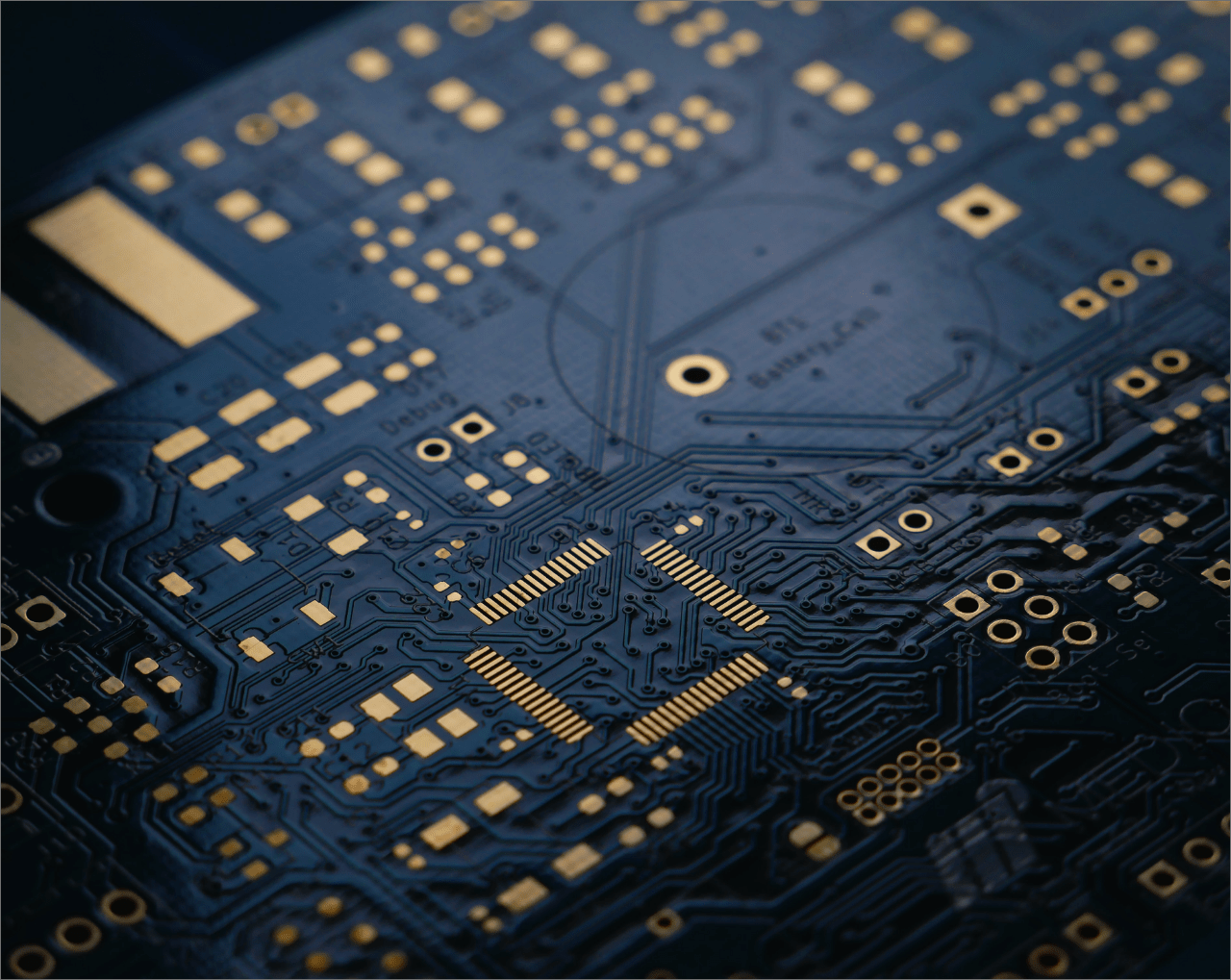(WEB 3.0): WHAT WILL THE INTERNET LOOK LIKE IN THE FUTURE?
Among the most frequently asked questions about technology and the internet: "What will the internet be like in the future?". When it comes to the future of the Internet, WEB 3.0 comes to mind first. So what is WEB 3.0?
That concept is one of the significant innovations that have entered our lives recently. WEB 3.0 is a subject that you must learn to understand and adapt to the future aspects of the internet. In this article, we will share with you those who are curious about what WEB 3.0 is, which is seen as the future of the internet. Please continue to read our article to learn about “what is WEB 3.0?” which is considered to be the future.
What is Web 3.0? What features does Web 3.0 have?
This concept states that the internet can be used in a decentralized and Peer to Peer manner. In short, WEB 3.0 is a fully blockchain-supported and personalized version of the internet. The internet system used today is WEB 2.0. In this system, data is controlled by central powers. With WEB 2.0, we can access information on social media platforms as long as Facebook, Instagram, or Twitter allow it. In short, they can disable your account or take the control of your account from you.
WEB 3.0 is defined as a new generation of internet technology based on the benefit of machine learning and artificial intelligence (AI). It also aims to create intelligent websites and web applications. Web 3.0 is based on artificial intelligence and advanced machine learning techniques to deliver more personalized and relevant information. Big data analytics is even more open to development with its intelligent search algorithm. In addition, some of the companies that develop products suitable for WEB 3.0 applications are Amazon, Apple, and Google. The applications with WEB 3.0 technologies are Siri and Wolfram Alpha.
What awaits us in the future of the internet?
WEB 3.0 is an innovation suitable for our digitalizing age. The many benefits that this technology will offer in the future are as follows:
No central control point
Since there will be no intermediaries, they cannot control user data either. That also helps reduce the risk of censorship by governments or companies. It also allows for a decrease in the effectiveness of Denial of Service (DoS) attacks.
Increased information connectivity
As product sales increase on the internet, larger data sets offer more algorithms with analysis. That is essential in providing accurate information that meets the specific needs of individual users.
More efficient analysis
With the developing technology, analysis processes have also become more efficient. In addition, more intelligent algorithms are filtered by artificial intelligence.
Advertising and marketing
Constant encounters with online and irrelevant advertisements are uninteresting to many people. These ads are valid if they relate to the person's interests and needs. In addition, WEB 3.0 leverages more intelligent AI systems and aims to improve targeted advertising based on consumer data.
Advanced customer support
When it comes to websites and web applications, customer service is significant concerning user experience. In addition, it will be practical to use intelligent chatbots that can talk to multiple customers. Thus, users can get a superior customer experience when working with customer representatives.
As Refine, we supply products of Lanner Electronics Inc. which is a world leading provider of advanced network devices, embedded computers, virtual platforms, durable industrial hardware design. In addition, we manufacture all of them ourselves. To benefit from our services, please visit our website or contact us through our communication channels.

